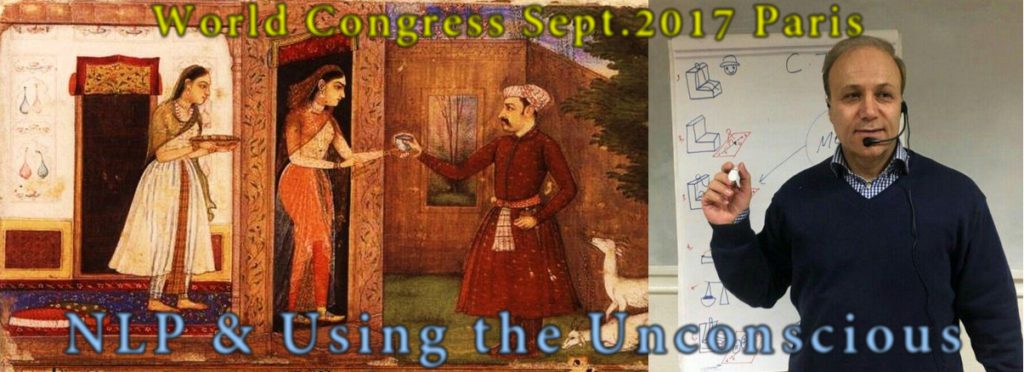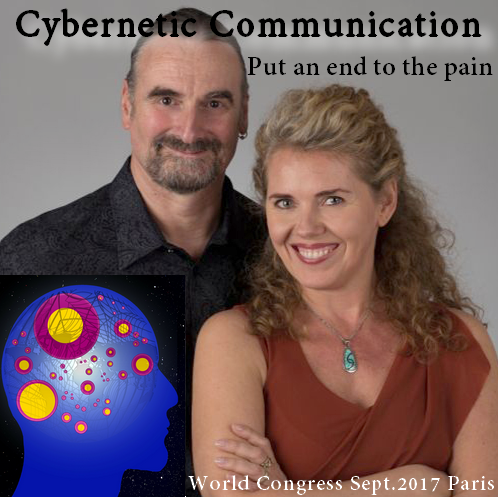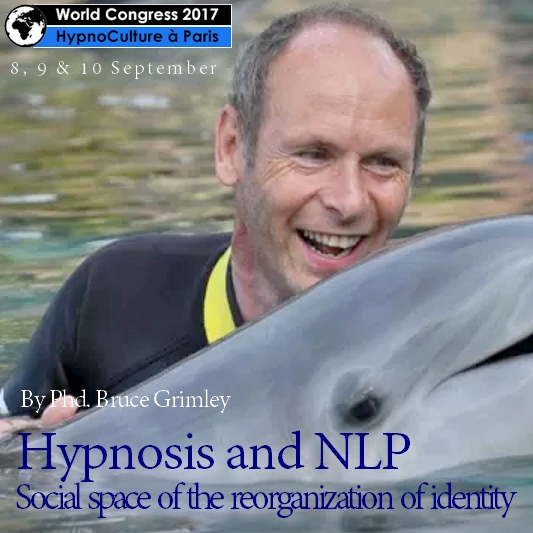
Do you know Saadi, the poet? He was born in 1210, and was one of the greatest Persian poets. He has a poor and difficult childhood and a tumultuous life made of studies, travels, exile in hostile environments, imprisonment and slavery. A life made up of disparate encounters: bandits, intellectuals, common people, who enriched him, thus pushing back the limits of his thoughts. In his book “The garden of fruits”, the poet asks us to devote our leisure ‘to wiping away the dust that tarnishes the mirror of our heart’.
What a wonderful metaphor to describe our struggle again ourselves, in connection with our negligence, our weakness and our humanity. Do you feel concerned by this 800 years old evocation? Are we all concerned? No matter what we think, it is essential, as a therapist, to know our shadow side, and how to implement our skills in order to tame it.
Our speaker Professor Reza Omraie uses “NLP and our unconscious mind” to help people in pain or suffering, according to him, it is our duty as a being, to consider the suffering as a whole, even if it is not physical.
This leads our practices through humanity, where everyone on this earth should feel responsible for peace, the environment and justice.
Register here, for the World Congress, from the 8th to 10th of September 2017 in Paris.




